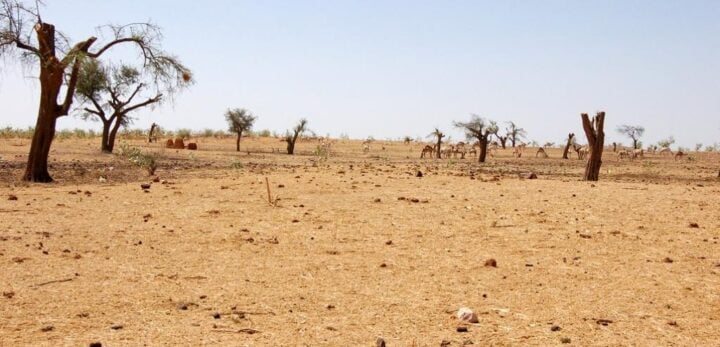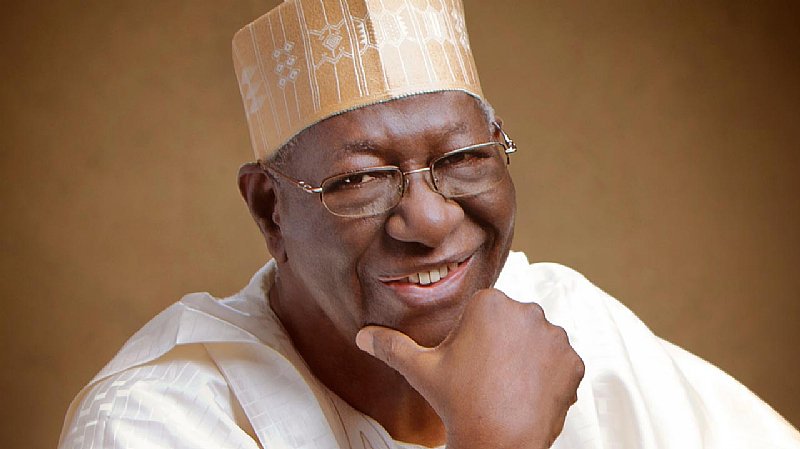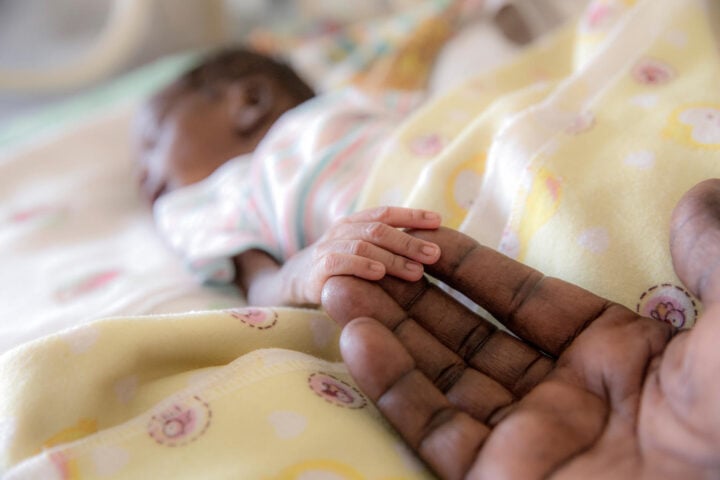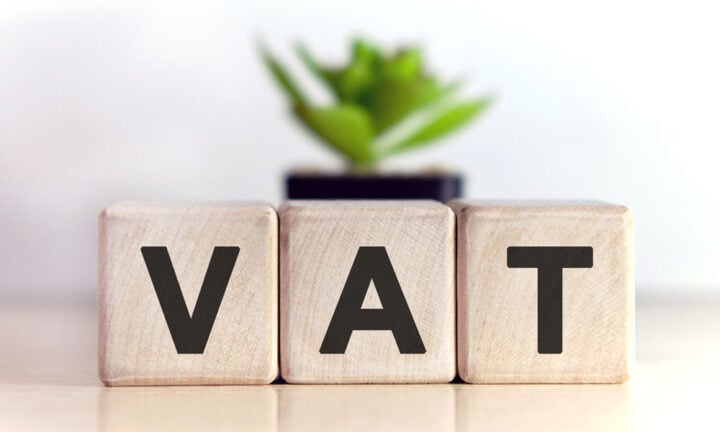October 27, 2021 7:05 am
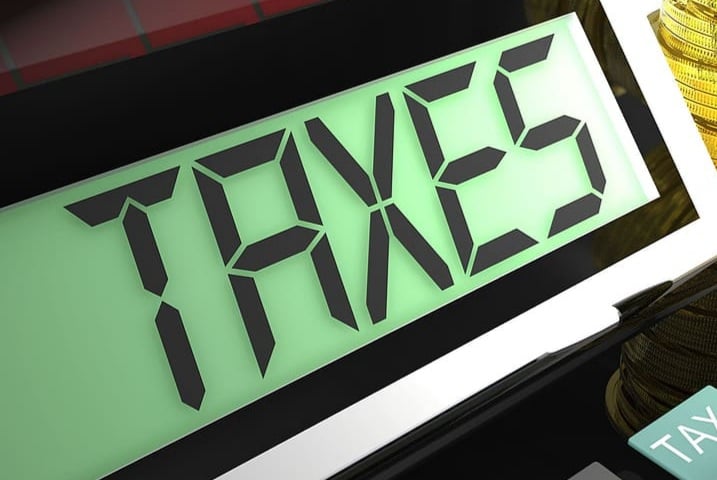

BY ABIODUN OWOLEGBON-RAJI
On October 7th, President Muhammadu Buhari unveiled a record 16.39 trillion naira ($39.8 billion) budget for 2022, with government spending projected to rise by 12.5% compared to 2021. This is as Nigeria and the rest of the African continent struggle to come to grips with the economic and public health impact of COVID-19.
Economists continue to express concern over outsized government expenditure and stunted growth in Africa’s largest economy, and for good reason: Nigeria’s economy contracted in 2020 because of the pandemic and is only expected to grow by just 3% this year, as a result of rising insecurity and exponential inflation in food prices. However, when responding to questions over the increase in government spending, Buhari insisted that “we do not have a debt sustainability problem, but a revenue challenge which we are determined to tackle to ensure our debts remain sustainable… this would be achieved by enhancing tax and excise revenues through reforms and administration measures.”
Buhari’s framing holds true not just for Nigeria but for most of Africa, where governments were already struggling to bring in adequate tax revenues before the pandemic and are presently faced with an even more precarious situation as their debts become more difficult to manage. Earlier this month, Kenya’s President Uhuru Kenyatta reiterated his call for supportive debt relief and vaccine access at the 15th session of the United Nations Conference on Trade and Development (UNCTAD). Kenyatta’s message is clear: African countries are banking on the international community to deliver “vaccine equity and debt relief” to help them overcome not just the virus but also the fiscal shortfalls it has driven.
Advertisement
Global financial institutions have responded to this call. The International Monetary Fund (IMF), for example, has doubled access to its emergency facilities and also granted debt service relief to 29 of its poorest and most vulnerable member countries via the Catastrophe Containment and Relief Trust (CCRT), the vast majority of whom are located in sub-Saharan Africa.
Emergency debt relief helps these governments overcome the immediate crisis, but over the long term, African countries – most of whom are blessed with vast natural resources – need to make urgent advancements in mobilizing domestic revenues to form a stable, reliable tax base that can fund not just infrastructure and development projects but also the public health services needed to manage a pandemic. A continent-wide lack of economic transparency, compounded by a chronic resource curse, is combining to hold back countries that should be attracting foreign investors rather than pleading for foreign aid.
This crisis, however, could offer African governments the opportunity they need to break out of this pattern. The same institutions who serve as Africa’s creditors – such as the IMF and the World Bank – can also serve as partners to help taxmen across the continent collect internal revenues through better tax administration (including VATs), broadening the tax base by removing loopholes and avenues for tax dodging, and by increasing excise taxes on certain products (especially on alcohol, tobacco, and soft drinks).
Advertisement
The World Bank, for example, has worked with tax authorities in Sierra Leone to modernize revenue administration through the automatization of customs and tax departments, in Nord-Kivu Province in the Democratic Republic of the Congo to provide support for the establishment of a taxpayer register, and in Somalia to support taxpayer education and improve voluntary compliance. The results of these collaborations have been very promising: Sierra Leone recorded double the revenues collected in the first quarter of 2019 compared to a year earlier, while Nord-Kivu observed a 70% revenue increase between 2014 and 2017 and Somalia logged increased revenue figures of $183 million in 2018 compared to $76 million in 2013.
Over the longer term, however, African governments need to invest in fundamental tax reforms to ensure they collect the revenues needed to fund public services and development initiatives. Building on efforts such as the Addis Ababa Tax Initiative, some of those reforms – like the two-pillar agreement on corporate taxation that provides for a global minimum tax rate and base erosion and profit sharing (BEPS) – will need to be multilateral.
The BEPS is part of a two-pillar plan that seeks to ensure a fairer distribution of profits and tax duties among governments and to introduce a global minimum corporate tax rate that protects the tax bases of countries and puts a floor on tax competition amongst jurisdictions. The OECD projects that a global minimum corporate tax rate will generate around $150 billion in additional global tax revenues every year.
Aside from BEPS, other solutions will be more down to earth. In East Africa, for example, Kenya, Tanzania, and Uganda have each turned to tech-driven tax traceability systems. Kenya’s Excisable Goods Management System (EGMS) has helped the Kenya Revenue Authority (KRA) crack down on illicit trade and ferret out fake tax stamps. The scheme has boosted the KRA’s ability to track production lines and impose taxes accordingly, with revenue collection this past January exceeding its target by SH3.53 billion ($31.8 million USD).
Advertisement
Uganda and Tanzania both adopted similar systems in 2019, with Uganda putting into place a Digital Tax Stamp (DTS) solution and Tanzania implementing its Electronic Tax Stamps (ETS) system. Both track excisable goods at the point of production, like Kenya’s EGMS. Based on the successful results of these tax stamps across East Africa, Togo also followed suit this year with an Automated Product Marking Solution (SAM) that tracks a wide range of consumer goods.
By using these and other tools to develop watertight tax regimes and increase revenue flows, governments like Nigeria’s can bring together much-needed funds to bolster the continent’s underfunded health systems and meet other development goals, even with the ongoing crisis.
Views expressed by contributors are strictly personal and not of TheCable.
Add a comment
Read more
GITEX: How Nigerian startups shine at MEA biggest tech show
October 27, 2021 2:30 pm
Of fortune and virtue: Remembering Anenih’s life and times
October 27, 2021 8:34 pm
Mother-to-child HIV transmission: A critical concern
October 28, 2021 6:41 am


